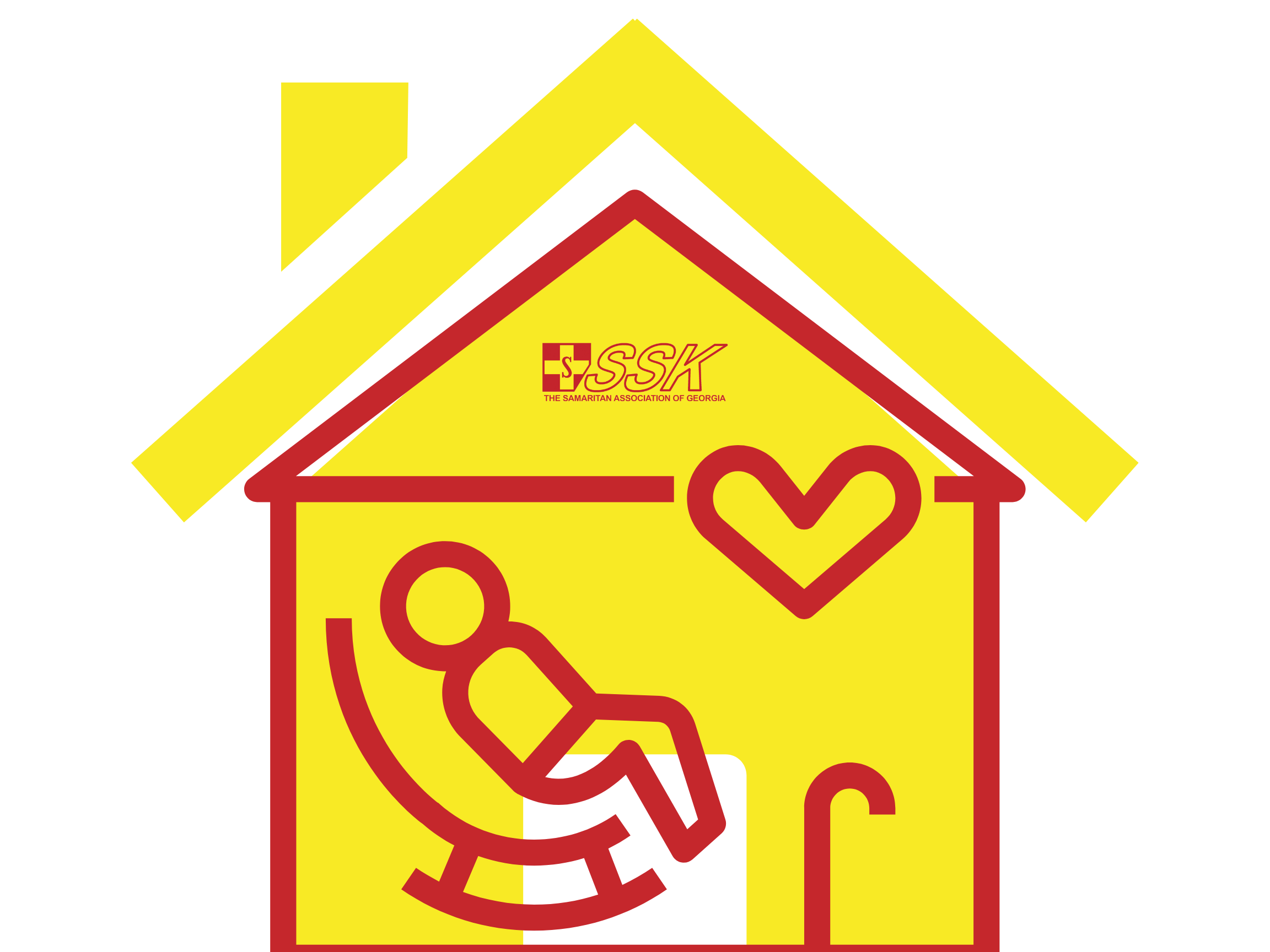Early Marriage Still Threatens the Lives and Futures of Girls in Georgia
As part of the project RISE Georgia: Reducing Inequality and Supporting Empowerment for Women in Crises (survivors, IDPs, and migrants), implemented by the Georgian Samaritan Union (SSK), a vital initiative is underway to prevent and respond to gender-based and domestic violence in western Georgia.
Rooted in the real needs of communities, the project focuses on improving access to support services, raising awareness, and strengthening local systems to protect and empower vulnerable women and girls.
Yet, challenges persist. Early and forced marriage remains a harsh reality in some regions — a practice that continues to deprive girls of their childhood, education, and basic rights. This is Inga’s story — one of survival, resilience, and the ongoing fight for women’s dignity.
Inga, 45, shares her story of early marriage, lost childhood, and finding her voice
“I was not yet 16. I was in 9th grade when my family decided it was time for me to get married. In Khulo, it’s rare to challenge family decisions — but I did. I said:
‘If I’m allowed to continue school, I’ll agree to marry. If not — I won’t.’
Eventually, both families agreed I could continue my education. A week later, I returned to school. Still, the question lingered: why couldn’t I have a childhood like others? Why couldn’t I live peacefully with my parents until 25, focus on education and a career, like girls from so-called “normal” families?”
“At 16, I Carried the Weight of a Whole Family”
After the wedding, I was sent to live in a household of 13 people in Ozurgeti. As a 16-year-old girl, I was responsible for everything — housework, childcare. My sister-in-law had four children and handed them all over to me without hesitation. I cooked, cleaned, bathed the kids, and even attended parent-teacher meetings in her place. The entire burden fell on me. Even my own parents didn’t acknowledge how hard I worked. I dropped to 46 kilograms — but still, they said,
‘Even if you die — stay.’
Today, my husband is no longer in my life, but I have my children. Even if my marriage had collapsed when I was 16, I would have survived. I would have gotten back up.
“Spiritual Loneliness is the Hardest”
Today, I am alone — spiritually. And that’s the heaviest burden of all.
I’m not the type of woman who would move to the city and start over. I can’t leave the mountains. Connecting with people is both my profession and my lifestyle. I draw strength from them during the day, but at night, I’m alone again.
Still, I am strong. When my husband left, I independently organized both of my children’s weddings. My house burned down. My grandmother passed away. But I rose from the ashes and kept going.
“One Word Can Change a Woman’s Life”
After your community meetings, I often think: If only more women could hear stories like this. Maybe even one word will stay with them. That’s how it started for me — I would mimic strong women I saw in movies, or real life… and I rebuilt myself. I didn’t want to remain the woman I once was.
“What Would I Say to My 16-Year-Old Self?”
I’d say:
Why did you give yourself up? Why did you do what you didn’t want to do? For whom?
To avoid disappointing your parents? For your husband?
And in the end, you were left alone. No one stood by your side when you needed them the most.
“I Am No Longer a Burden — I Am a Woman, a Mother, a Human Being”
I remember when I was born, my grandparents were disappointed I was a girl. My maternal grandmother raised me, probably because my mother had to work in the tobacco fields, take care of the cows, and I got in the way. I was too much because I was a girl.
But today, I have three children, and I know: a daughter is everything. My property will be divided equally among all my children, but Mariam — my only daughter — will receive my deepest warmth and strength. I will never let anyone mistreat her. It doesn’t matter if she gets married or not. There is no shame in returning home. If she is suffering, she must leave. Women deserve choice. They deserve a voice.
And if one word from me helps even one woman, that is already a victory.








